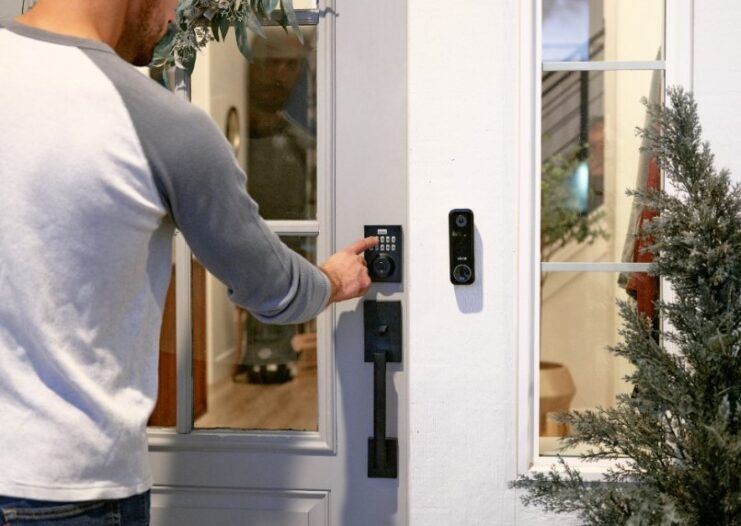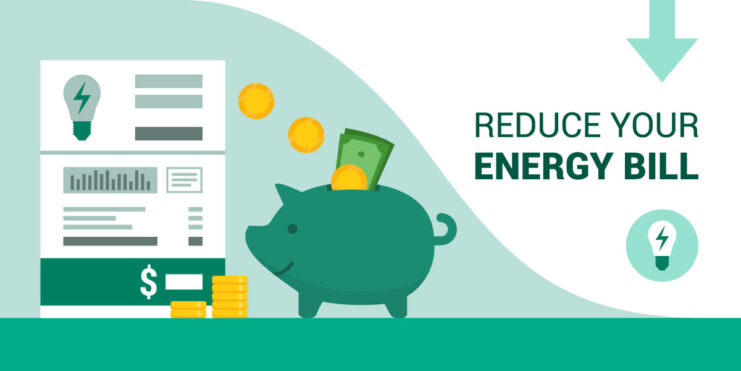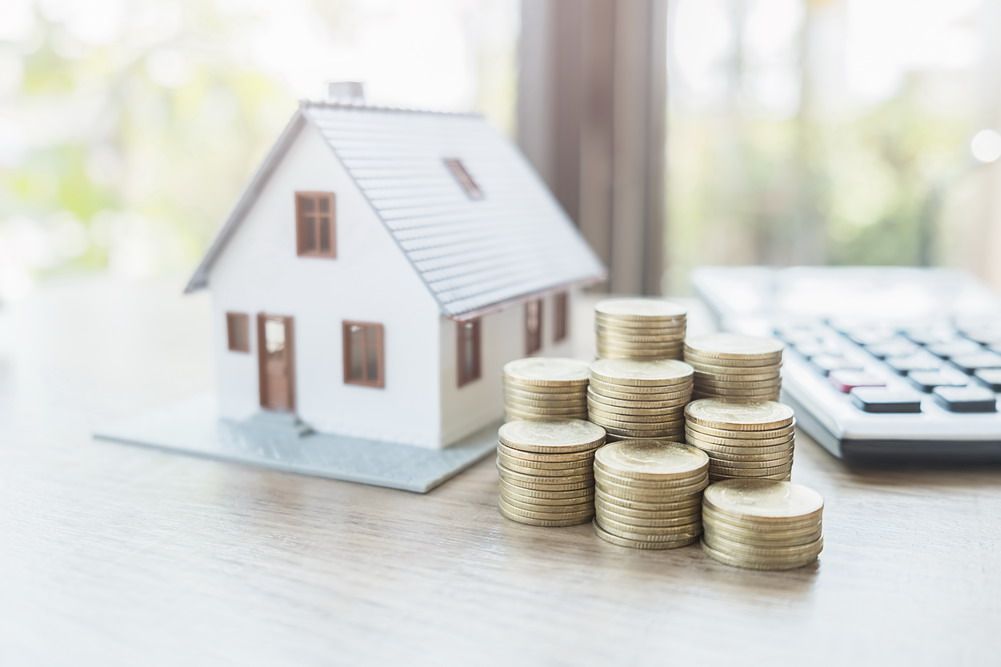What if someone were to tell you that installing a modern home security system could save you money? Would that be motivation enough to start checking out home security providers? Maybe so. Or perhaps you are the type of person who tends to be skeptical about such claims. You need proof of home security’s ability to save you money.
So what is the truth? Home security can save homeowners money. But it is not necessarily in the way most homeowners think. Yes, there are some direct savings. But there are also direct expenses that make those savings a wash. The more significant savings are indirect, and they are only observed in relation to things that are not guaranteed to happen.
The General Idea of Savings

Vivint Home Security offers a post on their website discussing how the best home security system can save you money. In that post, they covered the general idea of savings through direct means. But what about indirect savings?
Direct means include things like saving money on homeowners insurance and reducing your energy bill by adding smart lighting and a smart thermostat to your system. Indirect means relate to things like preventing home burglary and mitigating the damage from flooding.
The difficulty for homeowners is sorting out both direct and indirect means to come up with a hard-and-fast dollar amount. Compared to the amount of money you might spend on a home security system with 24/7 monitoring, how much money will you actually save?
No Way to Know for Sure
Unfortunately, there is no way to know for sure because indirect savings are never guaranteed. Let’s say a home security system did, in fact, deter a burglar who had planned to hit your home. Had he entered your home anyway, he may have stolen thousands of dollars’ worth of valuables. The fact that he was deterred translates into financial savings for you.
But what if that burglar was never in your neighborhood? Your house was never targeted, so you were never at risk of losing your valuables. You are not out any money simply because nothing happened. And yet you still spent money to install and monitor your home security system. Do you see the problem here?
None of this is to say that home security systems are a rip-off. I am not implying that they aren’t worth the investment. In fact, I am a proponent of home security to protect against burglary, home invasion, and other property crimes. My only point is that it’s not possible to quantify savings from non-events. And if there is never a guarantee that such an event will happen, putting a dollar value on proposed financial savings amounts to guessing.
There Are Hard-and-Fast Savings
The other side of the coin is the hard-and-fast savings realized by direct means. Take homeowners insurance. CNET tasked some of its experts to look at the direct and indirect savings homeowners could expect from their security systems. They discovered that insurance companies offer discounts of 5-15% on homes with security systems installed.
I don’t know about you, but 15% on my homeowner’s insurance is a significant amount of money. It is close to $300 annually, which is on the low side of CNET’s range.
CNET also gave some time to energy savings. In fairness, one could make the case that smart thermostats and lighting are more home automation than security devices. But companies are no longer distinguishing between the two. Their systems integrate both security and automation technologies in one package.
Reducing Your Energy Bill

So how much could you actually save with a smart thermostat and smart lighting? CNET estimates saving up to $50 per year on heating and cooling. They estimate savings of $200 or more on lighting costs. It’s not clear exactly how they arrived at these numbers. Moreover, readers should not take the numbers as gospel.
There is more to saving money on heating and cooling than how you operate your thermostat. For instance, a poorly insulated house is not likely to see a whole lot of benefit from a smart thermostat. Heat will still escape in the winter and the air conditioner will have to work harder in the summer.
The thing to understand with energy savings is that the actual amount of money you’re talking about differs from one house to the next. The only way to know for sure is to install a home security system, with smart lighting and a smart thermostat, and then pay attention to your monthly energy bills. The chances are pretty good you will save money on energy. But will you save more than you spend for home security?
Save on Monitoring
I should point out that part of the expense of a home security system is monitoring. Homeowners can pay for professional monitoring based on a monthly subscription that could range anywhere from $20 to $50, according to CNET. So if you’re willing to handle monitoring on your own, that’s one aspect of home security you don’t have to pay for.
Even so, the equipment you install can be quite expensive. Some companies offer free installation, saving you a bit of money there. You could also choose to install the system yourself. Assuming the choice of both DIY monitoring and installation, your total outlay is wrapped up entirely in the equipment.
It’s All About Prevention

Determining whether you actually save ends up being a question of prevention. You might not save enough through energy savings and homeowners insurance to cover the cost of the equipment. But if the equipment prevents burglary, it is a different story. If your equipment minimizes the damage when a pipe in your basement breaks, you saved a lot of money.
Here’s my take: home security does save money in the long run. But the savings are mainly indirect and intangible. Yet that’s better than the direct and tangible losses I could face due to burglary, flood, or fire.
